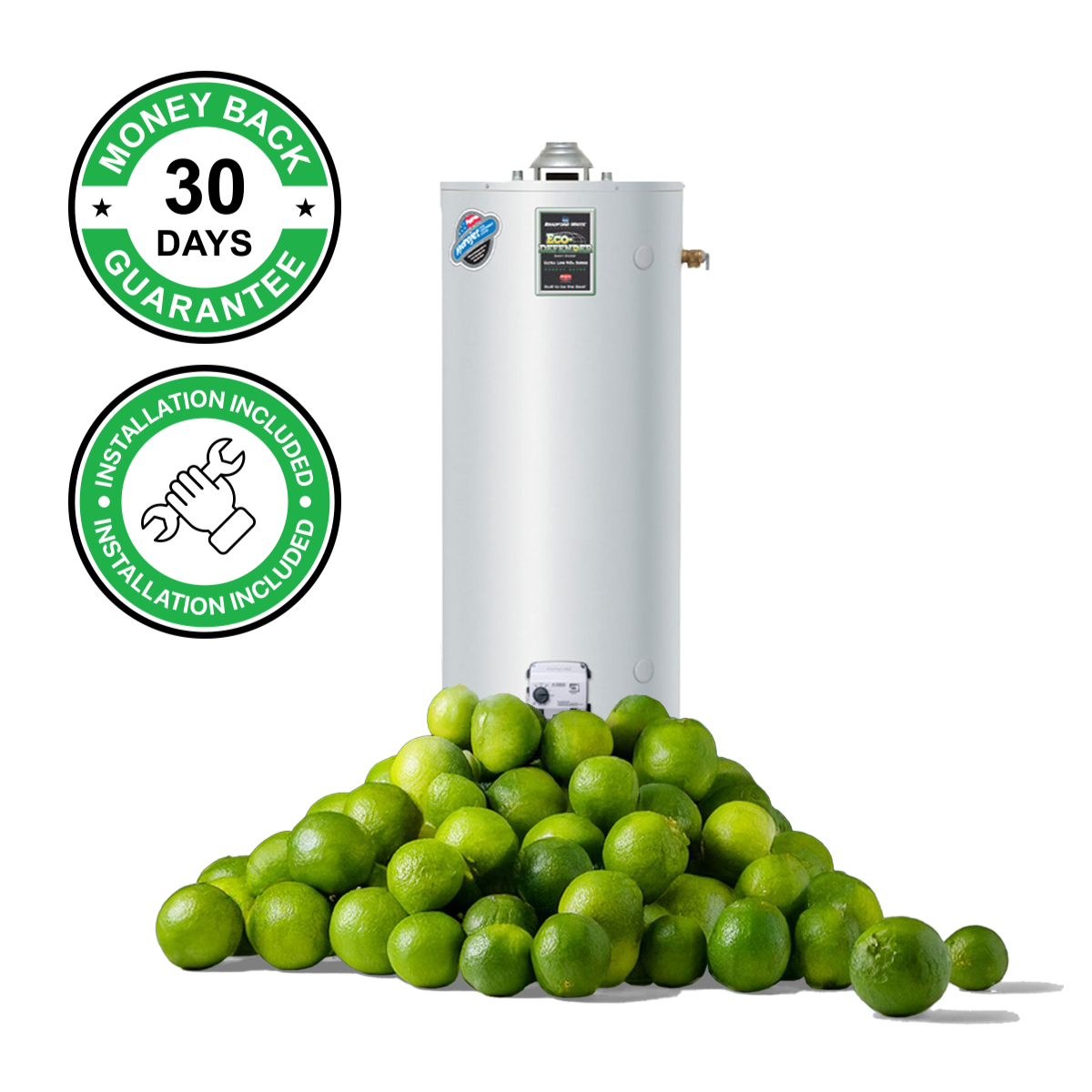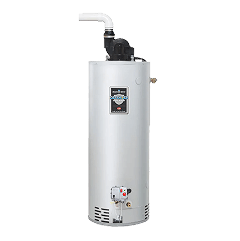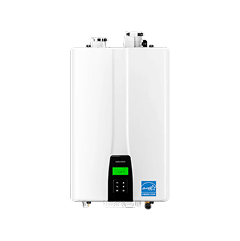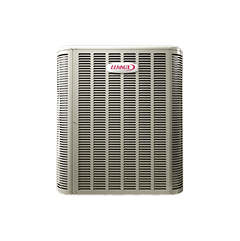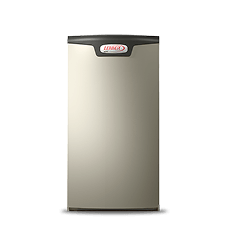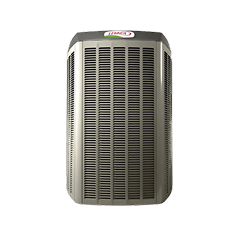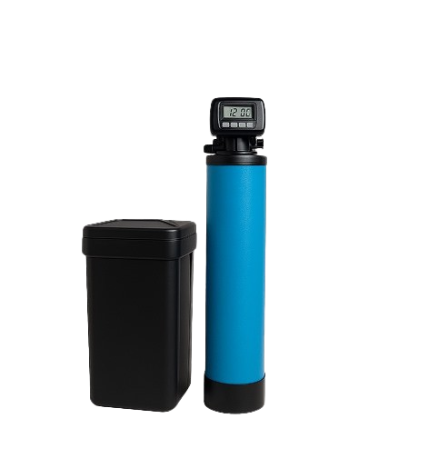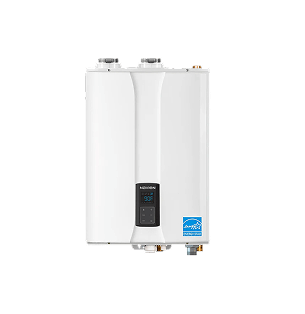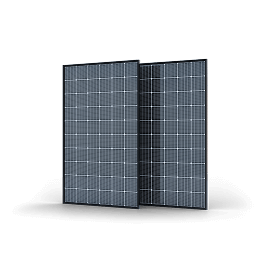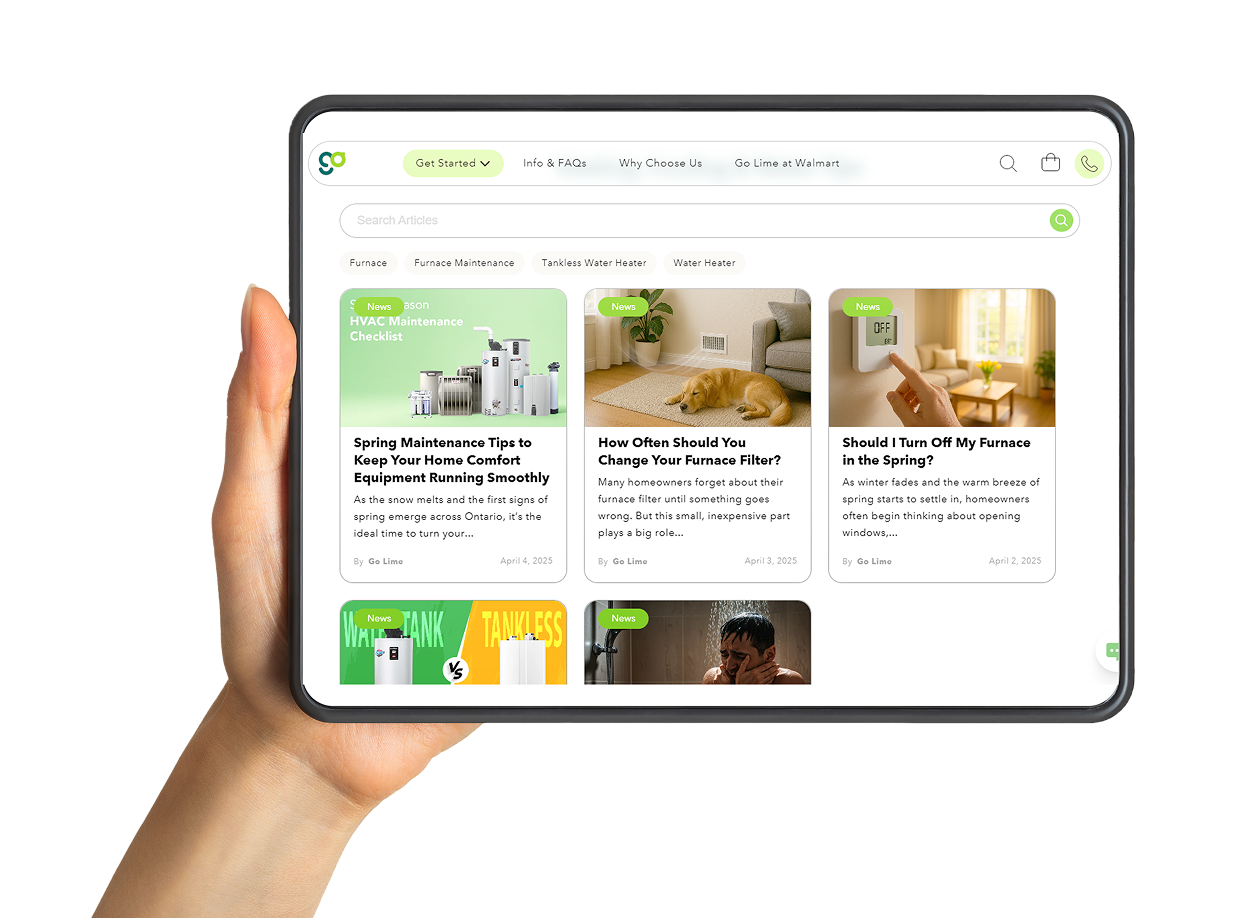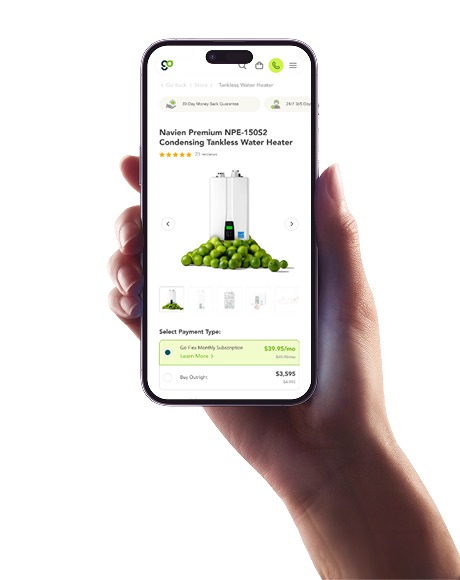How Often Should You Change Your AC Filter in Ontario?
 Liby Thomas
Published on: Jul 04, 2025
Liby Thomas
Published on: Jul 04, 2025

Changing your AC filter might not be the most glamorous home task but in Ontario’s unique climate, it’s one of the most important. Whether you’re in Toronto’s condo core or a countryside home near Ottawa, your HVAC system is quietly working overtime behind the scenes.
And guess what? A single, inexpensive filter could be the difference between a smoothly running AC and a surprise $500 repair bill.
Let’s break it all down - no fluff, no fear tactics. Just real talk, from real Ontario HVAC experts.
Why AC Filters Matter More Than Most Ontario Homeowners Think?
Your AC filter isn’t just catching pet hair and dust - it’s protecting your entire HVAC system and your lungs. When it’s clogged or overdue, it restricts airflow, makes your unit work harder, and even dumps allergens and pollutants right back into your air.
Energy Star says a dirty filter can spike your energy use by up to 15%.
Natural Resources Canada (NRCan) warns that poor HVAC maintenance (like filter neglect) is a leading cause of early system failure - a common issue in Ontario homes.
What is The Real Cost of a Dirty Filter in Ontario Homes?
Think you can wait a little longer to change that filter? Here’s what could happen:
- Hot and cold spots throughout your house
- Skyrocketing hydro bills
- Weak airflow (your AC just “meh”-ing along)
- Dust buildup - not just on furniture, but in your lungs
- Early wear on your blower motor or compressor
And here’s a kicker: indoor air pollution can be 2 to 5 times worse than outdoor air, says the EPA.
When Should You Change Your AC Filter?
Forget the old “every 3 months” rule. That’s too generic especially for Ontario homes dealing with pets, renovations, or wildfire smoke.
Here’s a real-life breakdown:
| Situation | Recommended Filter Change Frequency |
| No pets, no allergies | Every 90 days |
| One Pet | Every 60 days |
| Multiple pets or allergies | Every 30-45 days |
| New build / recent reno | Every 20-45 days (dust & drywall) |
| Ontario wildfire smoke events | Check bi-weekly |
| Using high-MERV filters (13+) | Check monthly (they clog faster) |
Ontario Seasonal Tip:
Spring and fall aren’t just beautiful - they also bring spikes in pollen, spores, and HVAC load. These are peak filter stress seasons.
What Kind of Filter Are You Using?
If you've ever stood in a hardware store aisle, overwhelmed by rows of filters with different sizes, prices, and “MERV” ratings - you're not alone. But here's the thing: the filter you choose has a direct impact on your air quality, system efficiency, and maintenance needs.
Let’s break it down:
Fiberglass Filters: Budget-Friendly but Basic
These are the thinnest and most affordable filters on the market. They're made of layered fiberglass fibers and typically come in a blue or white sheet form. While they do a decent job of catching larger particles like dust bunnies and lint, they don’t trap smaller allergens or contaminants.
Best for: Homes without pets or allergy sufferers
Change every: 30 days (yes, even if it “looks okay”)
Watch out: These filters offer minimal protection for your health or HVAC system. They’re better than nothing, but not by much.
Pleated Filters: The Everyday Sweet Spot
This is what most Ontario homeowners use and for good reason. Pleated filters are made with dense polyester or cotton folds that trap smaller particles like pollen, mold spores, pet dander, and dust mites.
Best for: Most households, especially with one pet or mild allergies
Change every: 60 to 90 days (every 60 days during allergy season)
Bonus: They’re affordable, effective, and won’t choke your system.
High-Efficiency Filters (HEPA or MERV 13+): Great… But Use With Caution
These are the elite filters, often used in hospitals or allergy-sensitive homes. They can trap up to 99.97% of airborne particles including bacteria, smoke, and viruses. Sounds amazing, right?
Well, yes - but only if your HVAC system is built to handle the extra airflow restriction these filters create. Installing a high-MERV filter in an older or lower-powered system can reduce airflow, strain your blower motor, and even shorten the life of your unit.
Best for: Homes with severe allergies, wildfire smoke exposure, or respiratory issues
Change every: 30 days or check monthly
Warning: Consult a pro (like Go Lime!) before upgrading to HEPA or MERV 13+
It’s tempting to go for the “most powerful” filter but if your system can’t handle it, you’ll end up doing more harm than good. Always choose a filter based on your home’s needs and your system’s specs, not just the price tag or marketing.
6 Clear Signs You're Overdue for a Filter Change
Not sure if your filter’s still doing its job? Your home will start sending you subtle (and not-so-subtle) signals. Here’s what to look for:
- Weak or uneven airflow – If your vents are barely pushing out cool air, a clogged filter may be choking your system.
- Dust buildup – More dust than usual on furniture, vents, or baseboards? Your filter might be overloaded and letting particles through.
- Rising energy bills – A dirty filter forces your system to work harder, meaning more hydro costs.
- Allergy flare-ups indoors – More sneezing, itchy eyes, or coughing? You could be breathing in allergens your filter should’ve caught.
- Unpleasant odors or mustiness – A stale or funky smell might be a sign of bacteria, mold, or trapped particles.
- Noisy HVAC operation – Hearing odd whirring or humming? Your blower might be straining against a clogged filter.
How Go Lime Makes It Easy: Straightforward Help, Zero Gimmicks
At Go Lime, we know that HVAC maintenance can feel overwhelming. That’s why we’ve built our service model around clarity, convenience, and comfort - not contracts or upsells.
Here’s how we simplify your home’s air care:
- Personalized advice based on your home, system, and lifestyle
- Seasonal filter replacement options - we’ll handle it for you
- Upfront pricing on everything from new filters to full system checks
- Smart AC systems that notify you when your filter needs attention
Whether you're managing a new build or an older home in need of TLC, we’re here to guide you with zero pressure and total transparency.
Expert Tips for Staying Ahead of HVAC Problems
Keeping your HVAC system in tip-top shape doesn’t have to be complicated. Just a few simple habits can save you time, stress, and serious repair bills down the road:
- Set a monthly reminder to inspect your AC filter even a quick glance helps.
- Sign up for a filter subscription (yes, that’s a thing) so you never run out when it’s time to swap.
- During your annual HVAC tune-up, ask your tech: “Is this filter right for my system?”
- Try Go Lime’s Go Protect Cooling Protection Plan — you’ll get automatic filter reminders, expert check-ins, and priority service if anything goes wrong.
Small steps = big savings and better air quality.
FAQs: AC Filter Changes in Ontario
Q1: Can I vacuum and reuse my AC filter?
Ans: Nope. Most filters aren’t reusable. Pleated and fiberglass ones should be tossed and replaced.
Q2: What if I have a ductless mini-split system?
Ans: Those have reusable filters but they still need monthly cleaning, especially during cooling season.
Q3: Do smart thermostats track filter changes?
Ans: Some do! Look for systems like Ecobee or Nest.
Q4: Is it worth upgrading to a HEPA filter?
Ans: Only if your HVAC system supports it. Otherwise, it can reduce airflow and raise your bills.
Q5: My AC is new - do I still need to change the filter often?
Ans: Yes! New systems can accumulate drywall dust, paint particles, and construction debris.
Conclusion: Don’t Let a $15 Filter Become a $500 Headache
Changing your AC filter isn’t a “nice-to-do” - it’s your cheapest insurance against big problems.




